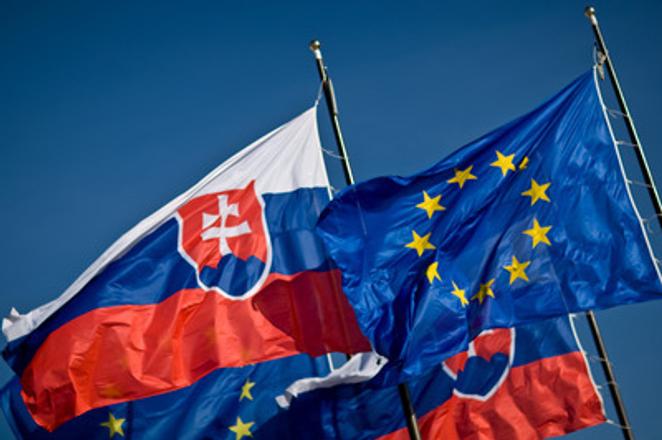Recent weeks have rightly seen much focus on corruption in the Slovak 'system'. But given that a lot of the corruption arises out of the relationship with the EU, I thought it would be worth looking at this from an EU perspective. I'm sure many will know this but what I've found it is a dysfunctional system that seems more interested in waving flags than actually solving the issue. Here's what you will find.
There are three key reference points - the 2014 EU Anti-Corruption Report, the 2016 OLAF Report and the latest EU Country Report for Slovakia (published March 2018).
The 2014 report sets out very clearly on a country by country basis what's going wrong and the Slovak summary will be recognised by all.
OLAF is the EU anti-fraud unit and its latest report (2016), starts to shine a light on the dysfunction in the system. Two specific issues jump out. Firstly, investigations conducted by the unit end only in recommendations to the law enforcement and judiciary systems of the country in question and secondly, often their investigations have to be carried out all over again because their investigation is not considered as admissible evidence at the country level.
The latest Country report concluded that no progress had been made on many of the issues highlighted in the 2014 report. But in the detail you'll see that the definitions used against progress lack any real sense of import or urgency. An example is 'Limited progress has been made in improving the effectiveness of the justice system' but the definition of limited progress is 'The Member State has: announced certain measures but these only address the....to a limited extent; and/or presented legislative acts in the governing or legislator body but these have not been adopted yet and substantial non-legislative further work is needed before the....will be implemented; presented non-legislative acts, yet with no further follow-up in terms of implementation which is needed to address the....'
So taking these points above and asking the critical question of why nothing seems to be changing, it's not so difficult to come up with an explanation (or at least one). If, on accession to the EU (or even subsequently), a country is known to have problems with both corruption and trust in key institutions (judiciary, police etc) then why does the EU think that wrongdoing can be adequately resolved at the national level. What can the chances of success ever be in such a defective system?
I should add that this is not specific to Slovakia as it is an EU systemic matter. I should also add that, not surprisingly, fraud occurs in many countries and the UK is certainly not immune. In fact, one of the biggest tax frauds in the EU occurs in the undervaluation of Chinese cloth imports at UK ports resulting in massive underpayment of tax.
The temptations are many and wide and obviously, don't rely on being a net contributor or a net beneficiary to the EU.
The protesters thinking is similar to my own but I feel it doesn't go far enough. And if PM Peter Pellegrini was serious in what he was quoted as saying he could lead a real change of the type I'm suggesting.
How can the people of Europe expect to develop trust in the institutions of the EU and its member states when the system is so dysfunctional. Some may say, well that's the way the EU works. Well that's certainly the way it doesn't work! So why not change the system to bring all fraud charges at an EU level until such time that sufficient trust exists in the country level institutions. After all, it is EU money!
Sometimes you just have to legislate to make the change.
Alan Gillman is an Englishman currently living in Lučenec. He shares his views and experiences of living in Slovakia here occasionally as well as on his Facebook page.
Author: Alan Gillman


 (source: Sme)
(source: Sme)